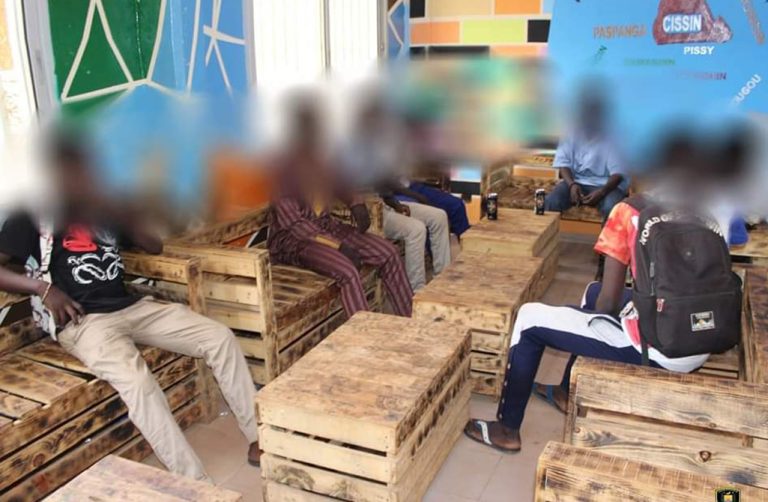Burkina Faso: Parents and bar owners urged to take responsibility after the closure of an establishment selling adulterated drinks to pupils

On Tuesday, October 22, 2024, the Municipal Police of Ouagadougou took decisive action by shutting down a bar in the Cissin neighborhood after alarming reports from local residents. The establishment, operating during daylight hours, was found selling illicit alcohol to students aged 12 to 18, right in the midst of school hours.
This incident underscores a disturbing trend of indiscipline that both parents and bar owners must urgently confront.
Responding to complaints from the community, the Directorate of Public Security (DSP) conducted a sweep to evict patrons and seize contraband alcohol in the sixth arrondissement.
Disturbingly, minors were found consuming dangerous substances instead of attending classes, jeopardizing their health and academic futures.
The prevalence of underage drinking during school hours raises significant questions about collective responsibility in safeguarding youth.
Additionally, motorcycles belonging to students caught in the act were impounded, a measure aimed at deterring other youths from engaging in similar behaviors.
Authorities commended the proactive involvement of the community in reporting these acts of misconduct and called for heightened vigilance to prevent future occurrences.
This incident serves as a wake-up call for parents, who must become more engaged in their children’s education and extracurricular activities.
It is crucial that they monitor their children’s attendance and ensure they are not frequenting inappropriate venues during school hours.
Furthermore, bar owners and similar establishments bear significant responsibility in this fight; they must refrain from selling alcoholic or illicit beverages to minors, or face severe penalties.
The protection of youth is a shared responsibility. Parents, educators, and authorities must collaborate to prevent these dangerous behaviors and create a safe, supportive environment conducive to the healthy development of young people.
Cédric KABORE











